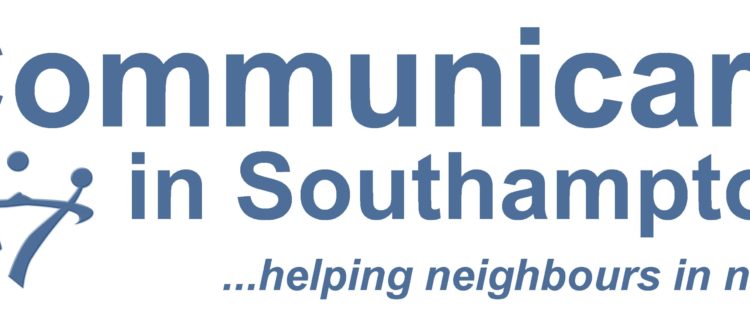Befriending brings joy, purpose, and friendship!
The role of a Communiteer (essentially a volunteer) is usually taken on by someone because they are passionate about a cause, need to, or simply want to engage with their community.
While the main reason to be a Communiteer is to help others there are also unexpected benefits from stepping out in to this sort of role such as social, emotional, physical and professional perks. These can include making friends, creating a bigger social network, ending loneliness, provide better health physically – as the need to get out and about is essential – and mentally; they tend to be happier because they feel more connected with others and are more stable emotionally, among many other advantages.
Communiteer is our new word for our ‘volunteers’; the ethos and vision behind it is explained in the below definition:
- Communiteer (noun; plural: Communiteers) 1 a community-minded, kind-hearted, caring individual who acts as a good neighbour and displays generous community spirit; gives time even if they are time poor and offers friendship and support freely to ones neighbours and others in the community.
Manager, Annie Clewlow says: “Our committed, kind-hearted, communiteers act as good neighbours; giving their time generously to offer practical and emotional support in a variety of ways at no cost to the community.
“Our Good Neighbours’ Network supports nearly 400 individuals/families annually, covering 671 different tasks including one-to-one befriending, either at home or out and about, transport to medical, social or other appointments and activities, shopping for or accompanying service users, DIY tasks and gardening projects. The service offered is free, although beneficiaries are invited to make a donation if they are able.”
Support offered is at a neighbourly level and Communicare does not provide professional, personal care, which can be given by statutory providers, or routine cleaning or gardening.
Communiteers are offered simple and basic training on topics such as safeguarding, manual handling and developing listening skills. They can choose their level of involvement and the types of activities they wish to engage in too.
“We currently have nearly 200 (can we say this?) communiteers registered with us and we’re launching/we’ve recently launched (remove as appropriate) a campaign to double (can we say this?) this number to be able to support a new initiative we’re involved with called the Homecoming Project. This is a city-wide (Sholing pilot?) service to support people leaving hospital who would benefit from low-level, good neighbourly support in the early stages of returning home.
“Although we can help find roles for most people wishing to help with the services we offer and will not turn individuals away, we’re ideally looking for those who have time to spare between 9am and 4pm from Monday to Friday, which are the key times for hospital discharges. These are also when those that use all our general services require assistance too. We’re keen to hear from individuals who can help, even if they have just an hour or two a week to spare, and also groups that already operate in the community who could help, such as Neighbourhood Watch groups, book clubs, WI groups, flower arranging clubs, all sorts really.”
If Barbara’s story has inspired you to become a Communiteer then please get in touch to find out more by calling 023 8021 6016 or send an email to volunteer@communicareinsouthampton.org.uk or follow Communicare on Twitter @Communicare_SO or log on to www.facebook.com/CommunicareInSouthampton.
Video: Courtesy of BBC South

